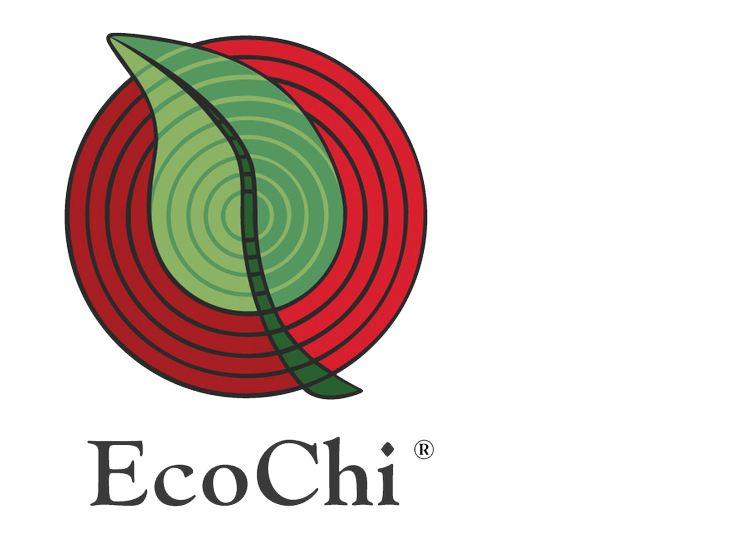Self-Care Isn't Enough. We Need Community to Thrive
POSTED ON MAY 24, 2019, BY HEATHER DOCKRAY
If you've spent any time on planet Earth in the past five years, chances are that someone has recommended that you "take some time for self-care." Maybe a friend has encouraged you to enjoy a "treat yo' self" kind of day. Maybe they’ve told you to make yourself a bubble bath or get a gel manicure or download a self-care app that can teach you how to breathe better. At the heart of all this advice is the same operational principle: If you want to feel better, you need to do the labor yourself, for yourself. That's why some experts, like Nakita Valerio, a Toronto-based community organizer and researcher who specializes in building cross-cultural bridges, ask that people consider practicing another form of compassion: community care. Valerio recently went viral for a tweet that included a quote of hers emphasizing the difference between self-care and community care: “Shouting ‘self-care’ at people who actually need ‘community care’ is how we fail people.” - Nakita Valerio. Unlike self-care, community care does not place the onus of compassion on a single individual. In a phone interview with Mashable, Valerio defined community care as "People committed to leveraging their privilege to be there for one another in various ways." Yet this form of care isn't entirely selfless, at least not in the long run. "They (the care providers) know that when they will also need care in the future, others will be there for them," Valerio says. Community care involves more than one person. It can include two, three, or possibly hundreds of people. You can practice community care in your personal offline life or even in digital spaces. The term community care is known in social movements and in the nonprofit world but has yet to move into mainstream culture. "Community care can look like a lot of different things," Valerio says. "It can be as simple as reaching out to somebody over text when you just need someone to talk. It can be someone grabbing groceries for you or … somebody coming and doing your dishes and watching your kids while you're grieving." Valerio compares community care to an extended family, where members are intimately connected to and routinely perform acts of compassion on behalf of one another. "It's about being there for people without them having to take the initial first step. It's about adopting an ethos of compassion and very intentionally applying that." While sustained, interpersonal acts of kindness are a critical part of community care, there are also more structured versions. They can take a number of forms: neighborhood groups, communal homes, support groups, and community-based nonprofits. As explained by Brian Wahl, PhD, an assistant scientist with the Johns Hopkins Bloomberg School of Public Health, "We would never ask anybody to deal with other health issues on their own. Let's say you've got a terrible case of pneumonia. There are systems and structures set up to help with these things. Mental health should be no different."
If you want to talk to someone or are experiencing suicidal thoughts, text the Crisis Text Line at 741-741 or call the National Suicide Prevention Lifeline at 1-800-273-8255.




